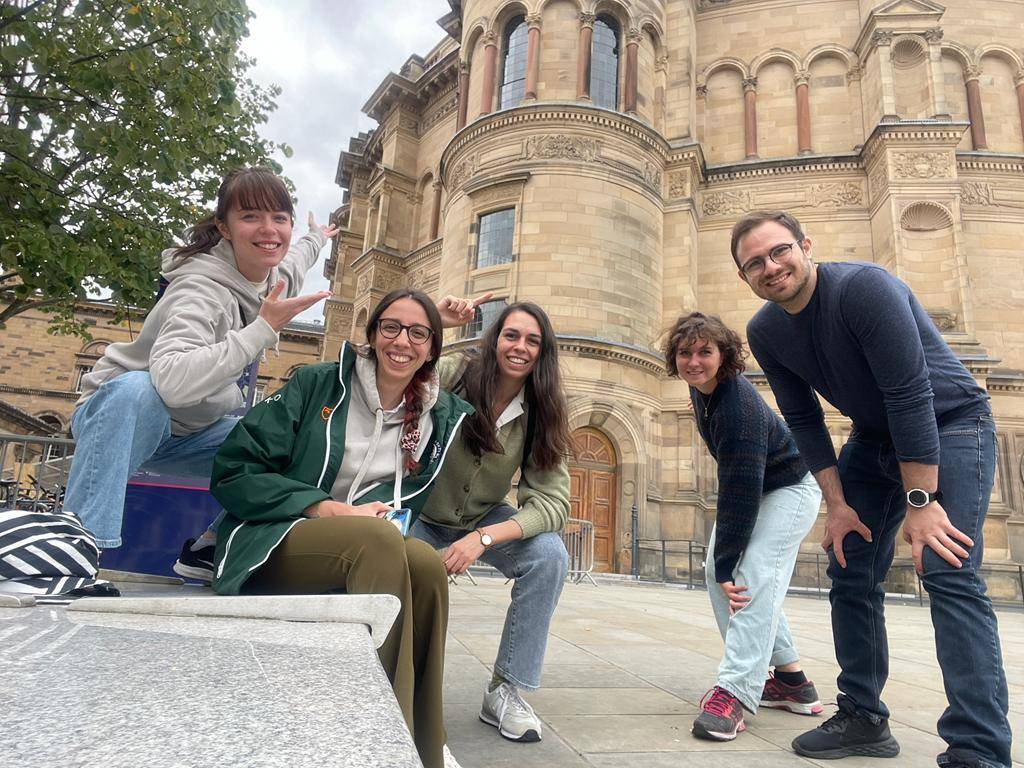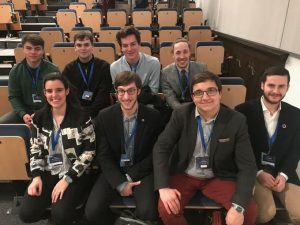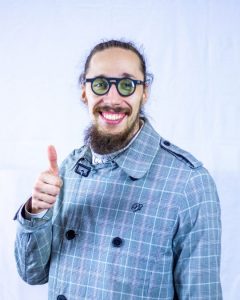This summer marked the first edition of the Una Europa One Health Summer School in Edinburgh. Six students from the University of Helsinki were selected to join the summer school. Here Venla shares her experience during the two weeks.

I did not know much about Una Europa before one afternoon I received an information letter about the first Una Europa One Health Summer School. I am glad that I decided to try my luck and applied because in July me and five other students from the University of Helsinki, Olga, Laura, Rebecca, Akseli and another Venla found ourselves in the campus of University of Edinburgh. We were surrounded by about 50 new people from eight different European universities with majors varying from medicine, veterinary medicine, physiotherapy, geography to politics, international relations, law, psychology, and anthropology. I had been hesitant to apply since my previous focus in my studies had been quite distant from health and sustainability. However, I was curious to enlighten myself and I knew (and I learned even more) about how important the link between health, science and politics is to regulate and make changes to our political and societal systems.
The key point in Summer School was to become familiar with One Health & Planetary Health concepts and practice multidisciplinary and multicultural professional cooperation. We had lectures about wider health-related concepts such as circular economy, health governance, food security and communicating science to the public. To dig in deeper, we had more detailed sessions about, for example, more specific viruses and bacteria. We practiced debating, discussing, and pitching skills in groups where we had to create a challenge connected to One Health and in mere two weeks, present our own solution to it. I am so grateful to my Project Team One members since in such a brief time we shared our knowledge, learned how to put it all together and had fun during the process. We focused on how to raise young people’s awareness of antimicrobial resistance (AMR) and support positive behavioral change in the use of antibiotics among European Youth.
There were lots of activities and team building events outside of the lessons too, such as hiking the hills nearby Edinburgh, visiting museums and dancing Ceilidh (traditional Scottish dance). My independent activities with other students took me to exploring the secrets of the city by visiting many photogenic alleys, cafés, thrifts shops, Craig Millar Castle and seaside, Edinburgh’s night life (I recommend Sunday Karaoke in Frankenstein theme bar) and, of course, exploring the famous stand-up and comedy festival called ”Fringe”.
Despite the marvelous historical sights of Edinburgh, for me the most meaningful part of the trip was the people. Everyone lived in a shared flat with at least five other nationalities and worked in multidisciplinary and multicultural project groups. Me, my roomies, and our neighbors also formed a cooking club to try our favorite foods from home and spill the tea in our kitchen after intense academic and leisure activities. There were plenty of things that students from diverse backgrounds could teach to each other in and outside of the classroom too.
Therefore, I warmly encourage anyone who is even a bit interested in global health and Una Europa to reach out and apply for the upcoming Una Europa activities no matter what your academic curiosity is. For me, Una Europa is precisely about learning from each other and developing new skills together as friends and as a part of an international academic community.
Venla (3rd year Bachelor Student in Global politics, Faculty of Social Sciences)



